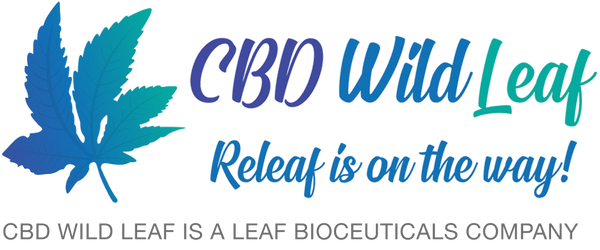So you've tried CBD, but it didn't do anything? So is CBD a scam? What's all the hype about it?
You are not alone. The whole industry is not a scam, but unfortunately, there are products out there that are.
Here are some reasons to consider why it may not be working.
First, let's define CBD. CBD stands for Cannabidiol. It is the non-psychoactive part of the cannabis plant. Many research projects are currently underway to investigate the medical benefits. Today, many people use CBD to relieve chronic pain, muscle aches, inflammation, sleep disorders, anxiety, seizures, headaches, acne and other skin disorders, and many other ailments. See the pie chart below. And since CBD WildLeaf products contain zero THC, it relieves without the "high."
So, you have tried a CBD product, and you didn't get the relief you were expecting. Let's look into some legitimate reasons why it didn't work for you.
The first and probably the most prevalent is it is from an non-reputable source. The problem is most products contain zero percent CBD and/or less than what is posted on the label. Such as Hemp products sold on Amazon contain zero percent CBD as Amazon does not allow CBD products to be sold. Unfortunately, the Food and Drug Administration (FDA) has not standardized the industry. The lack of standards has led several companies to take full advantage of it. So, accurate labeling is a significant problem. One study found that only 25% of the products out there have the amount of CBD in the products that are on the label or more. It would be best to look for third-party testing for pesticides, heavy metals, microbial, and THC content. Also, there should be a third party test performed after each batch to test for the exact amount of CBD in the actual product you are buying. So, if these third-party tests are not available, don't buy the product as it most likely will not contain the amount of CBD you are buying. CBD Wild Leaf is proud to give you all tests regarding our products. We post the third-party testing on our product pages.
A second reason why CBD didn't work for you is the dosage. It is difficult and tricky to find the correct dosage for you. Everyone's body's chemistry is different, so the appropriate amount for you will be different. CBD Wild Leaf suggests you start low and slowly build up until you reach your desired relief. Also, some people build up a tolerance and fid over time, you may need more, but before doing that take a break for a couple of days and then start back up.
A third reason is the length of time using the product! Your expectations need to be realistic. Depending on the symptoms, immediate results may not be possible. One example is instant results for growing chronic pain is not a reasonable expectation. Some people the relief may take a couple of weeks to a couple of months to get to the desired results. It takes commitment and patience, so don't give up! If your struggling keep a log of your progress and don't give up.
A fourth reason is your delivery system. There are so many ways to take CBD from tinctures, gummies, capsules, edibles, vaping, bath salts, and lotions, to name a few. Every day there are new forms out there. Each one of these methods is absorbed in your body differently. Some methods are slow to get into your system, and some are fast. The fastest method is vaping, but it is the quickest to leave your body. Gummies and other edibles have to flow through your digestive system. Ingesting takes the CBD longer to enter the body, plus a lower percentage of the CBD makes it into your system. Use the correct form for the symptoms you are trying to relieve. Topicals are good for muscle pain, joint pain, headaches, and skin issues. Tinctures and edibles are good for anxiety, inflammation, sleep, and other similar internal symptoms.
CBD may not be for you. Some people produce enough endocannabinoids that they don't need CBD. It is estimated that this might apply to about 20% of North America. Absorption and reaction could be due to genetics and biochemistry.

